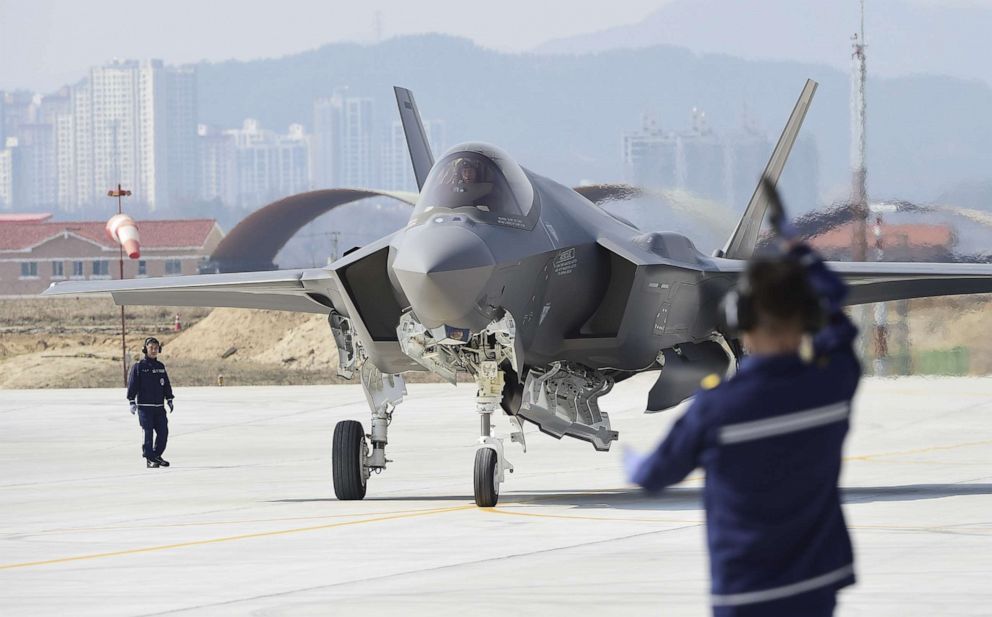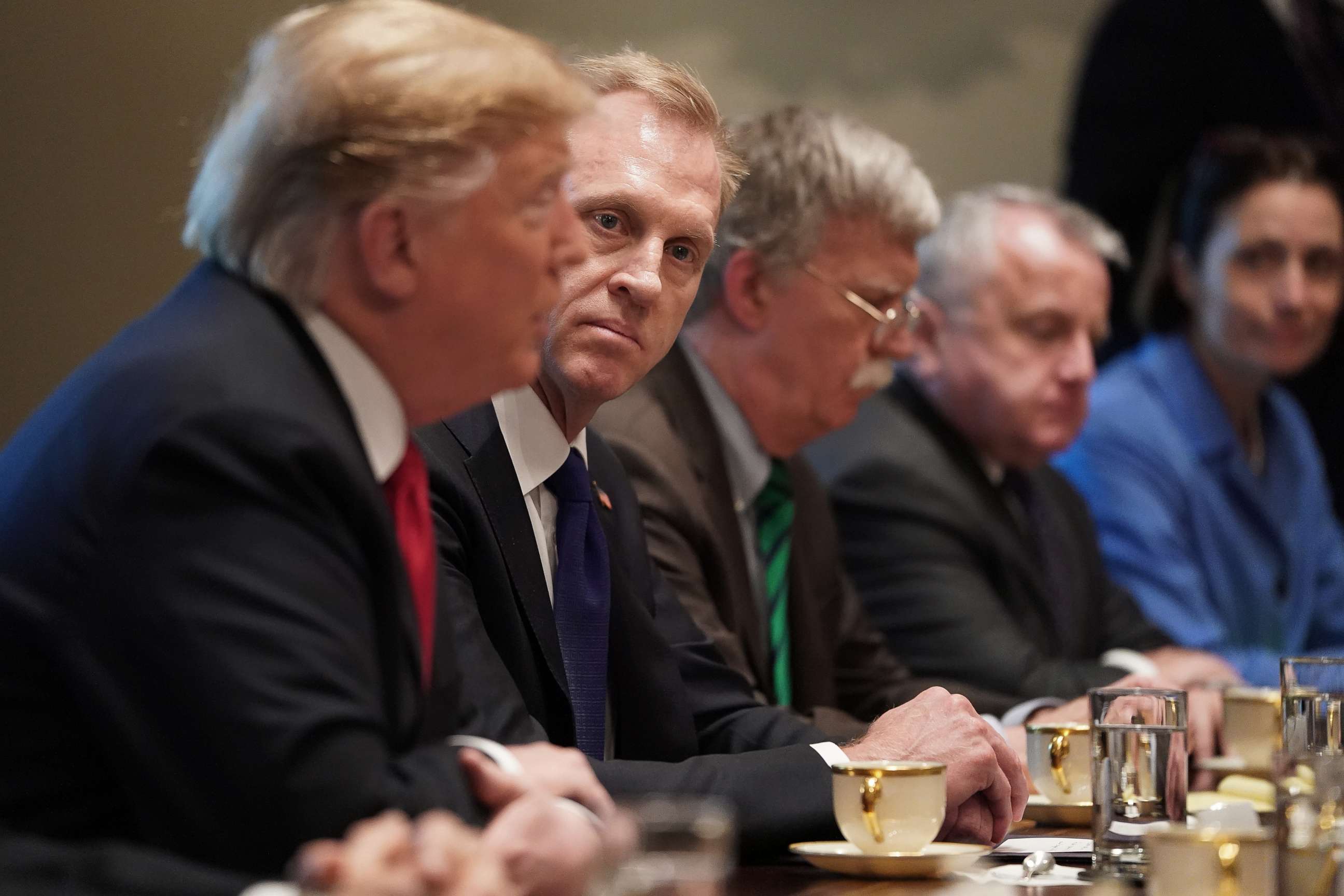Senior military leaders optimistic Turkey will receive American F-35 fighter jets, despite threats
The US threatened to withhold F-35s if Turkey acquired a Russian defense system
Senior U.S. military leaders were optimistic on Tuesday that Turkey would receive America's next-generation fighter jets, despite Ankara's threats to purchase a Russian-made missile-defense system that could reveal critical information about the U.S. jets.
Turkey had indicated that it would purchase the Russian S-400 missile defense system instead of the U.S. Patriot system -- a move that concerned Pentagon leadership because of Turkey's existing partnership on the F-35 fighter jet program. On Monday, the Pentagon announced it had suspended deliveries to Turkey of equipment related to the F-35s and threatened to cut its participation in the program if they went ahead with procuring the S-400.
But acting Defense Secretary Patrick Shanahan said on Tuesday that he expected Turkey's F-35s to ultimately be delivered and was optimistic that Ankara would purchase the Patriot instead.
"I am very confident in the Patriot proposal that we've delivered to Turkey: its availability, its pricing, and, very importantly, the industrial participation that comes along with the Patriot system," Shanahan told reporters at the Pentagon.

"I expect we'll solve the problem so that they have the right defense equipment in terms of Patriots and F-35s," he added.
A small number of Turkish pilots are already training at Luke Air Force Base in Arizona on the next-generation aircraft and some of the plane's parts are manufactured in Turkey. Over the life of the program, Ankara has planned to purchase 100 F-35s, which are made by Lockheed Martin.
"The S-400 and the F-35, we’ve made it clear that those are incompatible systems," Gen. Joseph Dunford, chairman of the Joint Chiefs of Staff, told reporters on Tuesday, adding, "We haven't given up on trying to work our way through this."
Gen. Curtis Scaparrotti, NATO Supreme Allied Commander and the head of U.S. European Command, said the issue is of broader concern outside the U.S. and Turkish relationship.

"That S-400 will be in the midst of a NATO-integrated air missile defense system as well," he said.
According to Scaparrotti, the presence of the S-400 in such close proximity to the F-35 provides a greater opportunity to analyze the aircraft and its capabilities.
"I'm not suggesting that Turkey can't be trusted, but I am saying that you take another risk with your system -- with what is probably our most sensitive technology," he told a small group of reporters at the Pentagon on Tuesday.
But Scaparrotti too was optimistic that Turkey would not go through with purchasing the S-400.
"Although they've said, even Erdogan has said, that the S-400 is a done deal, I don't personally think it's a done deal yet," he said.
Ultimately, Dunford discounted that Turkey could become a less-reliable NATO partner and expressed confidence in the U.S.-Turkish relationship, saying that "our areas of convergence are far more than any areas of divergence."
"This is a tough issue, all alliances have tough issues, but I’m confident we’ll grind our way through it and emerge as strong allies on the back side," he said.




